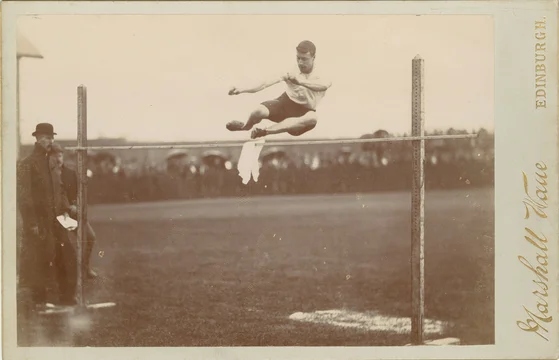Expert witnesses testifying in federal court are required to provide an expert report under Rule 26(a)(2). Although Rule 26 sets forth some requirements for the content of the report, it does not directly address how the report should be prepared, and in particular how much input the expert (as opposed to the party that has retained the expert, or the party's counsel) should have in preparing the report.
Some experts insist on writing their report in its entirety, while others rely heavily on counsel during the drafting and revising process. Too much reliance on others, however, can lead to a motion to exclude for violation of Rule 26's mandate that the report setting forth the expert's opinions be "prepared and signed by the witness." Judge Andrews recently resolved such a motion in TQ Delta, LLC v. 2Wire, Inc., C.A. No. 13-1835-RGA, finding that while the plaintiff's expert may have contradicted some of the opinions from his report during deposition, that did not justify excluding the entirety of the report.
The first of defendant's challenges was that the plaintiff's expert Dr. Madisetti had not "prepared" his report as required by Rule 26. But, as the Judge explained, the Rule does not require that the expert draft the entirety of the report:
The Advisory Committee notes for Rule 26(a)(2)(B) recognize that counsel may participate in the preparation of expert reports:
Rule 26(a)(2)(B) does not preclude counsel from providing assistance to experts in preparing the reports, and indeed, with experts such as automobile mechanics, this assistance may be needed. Nevertheless, the report, which is intended to set forth the substance of the direct examination, should be written in a manner that reflects the testimony to be given by the witness and it must be signed by the witness. Fed. R. Civ. P. 26(a)(2)(B) advisory committee’s note to 1993 amendment.
In similar inquiries, other courts in the Third Circuit have focused on “whether the expert witness ‘offered substantial input into what was put into the report.’”
Defendant's allegations that Madisetti contradicted some of his report's opinions during his deposition, and evaded others, did not demonstrate that Madisetti failed to provide sufficient input into his report, Judge Andrews ruled. However, the Judge implied that he might have excluded only the contradicted opinions, had defendant sought that narrow relief:
Though Defendant makes the inferential argument that Dr. Madisetti’s alleged contradictions during deposition suggest his opinions are not reflected in his expert report, these cover at best a small subset of the opinions provided in Dr. Madisetti’s expert report. Had Defendant chosen to argue for exclusion of those particular opinions, those contradictions, if true, might have been persuasive. But they do not support striking the entirety of Dr. Madisetti’s reports and testimony. Defendant does not put forth any other evidence that Plaintiff’s counsel wrote the expert report without substantive input from Dr. Madisetti. That evidence is needed to support categorical exclusion of expert testimony for the expert’s failure to provide “substantial input . . . into the report.” I therefore find that Dr. Madisetti’s opinions comport with Rule 26(a)(2)(B).
Summing up, Judge Andrews described the standard for this type of exclusion in a way that is perhaps even more forgiving for the expert:
Categorical exclusion of expert testimony because the expert is “nothing more than a ‘mouthpiece’” for Plaintiff’s counsel . . . requires commensurately compelling evidence that the expert effectively signed his name onto the report without looking at its contents.
He also rejected defendant's second argument, that Madisetti's alleged contradictions and evasiveness justified exclusion under Daubert:
None of Defendant’s arguments, however, question the “scientific validity” of the procedures or tests underlying Dr. Madisetti’s opinions; rather, they address whether Dr. Madisetti is a credible witness. . . . Questions of witness credibility can be appropriately addressed during cross-examination.
If you enjoyed this post, consider subscribing to receive free e-mail updates about new posts.





